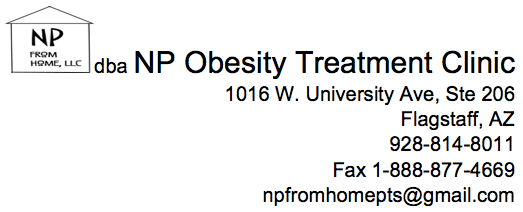
- There is research out of Tulane University indicating that following the guidelines of the Mediterranean Plan provides very good health benefits, while the research on whole foods, plant based is also encouraging, especially for those with any metabolic component (like diabetes – either yourself or a history in the family)
- The ketogenic eating plan (or low carbohydrate) has research for some patient populations.
- Both of these plans have one thing in common and that is “clean” food – meaning not processed.
- Another option includes full or partial meal replacement – this means purchased food that replaces regular food decisions.
- And finally, all the guidelines have the indication for the use of reduced calorie of 500 kCal a day (this is only my recommendation IF you were eating more than 2000 calories prior to starting an obesity management program).
While thinking over these options as you start an obesity management program here are small steps I recommend.
- Start to reduce processed foods – just one at each meal – read the labels and find out if there is “non-food” items there)
- If the food comes packaged it has very few ingredients listed. An example is bread – look at your package of bread – is there four ingredients – flour, water, salt and levain or a list like this with highlighted items that are not “whole foods or “clean” items that your body many know what to do with: (Whole Wheat Flour, Water, Sugar, Wheat Gluten, Sunflower Seeds, Cracked Wheat, Rye, Cellulose Fiber, Oats, Soybean Oil, Yeast, Ground Corn, Salt, Molasses, Buckwheat, Brown Rice, Preservatives (Calcium Propionate, Sorbic Acid), Monoglycerides, Triticale, Calcium Sulfate, Barley, Flaxseed, Millet, Datem, Grain Vinegar, Soy Lecithin, Nuts [Walnuts and/or Hazelnuts and/or Almonds], Monocalcium Phosphate.)
- Start using a mindful approach to eating (see the blogs on mindfulness)
- Reduce all food consumption after dinnertime – or limit to a 200-calorie snack
